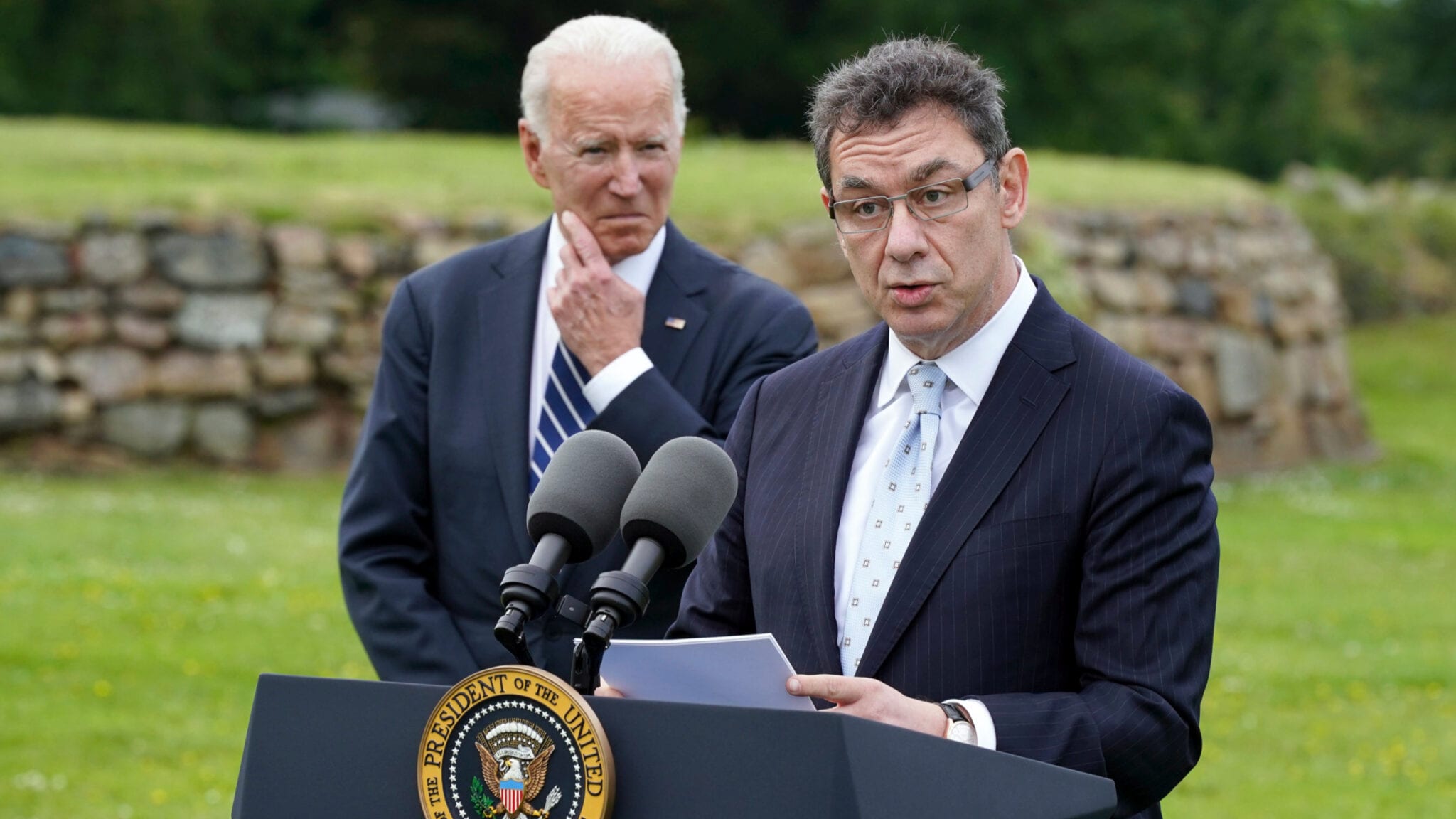
Albert Bourla, Pfizer CEO (Patrick Semansky/AP Images)
FDA takes a rare step and asks Pfizer to submit a Covid-19 vaccine EUA for the youngest children
What does the FDA know that we don’t? Hopefully a lot.
Without offering much detail, the FDA yesterday afternoon asked Pfizer to send over a …
Sign up to read this article for free.
Get free access to a limited number of articles, plus choose newsletters to get straight to your inbox.